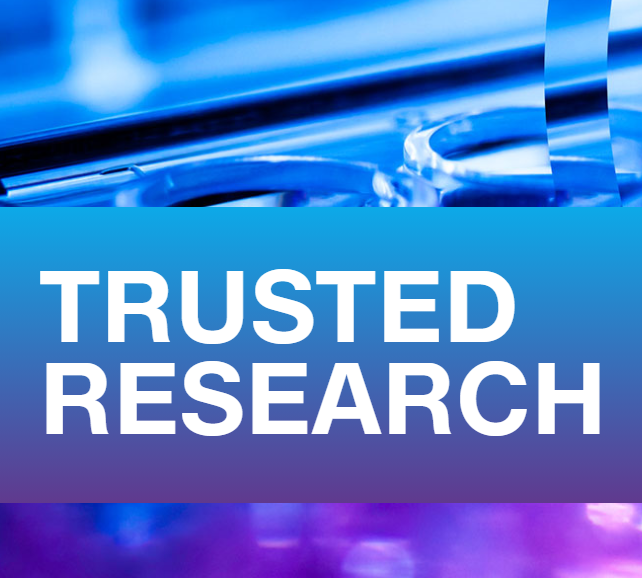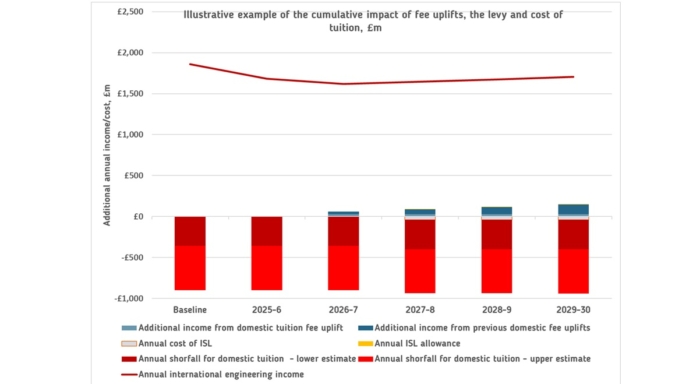Imagine the situation, you have worked tirelessly to make a discovery which is important, potentially revolutionary, or worked long days and nights and sacrificed everything in order to bring that life changing product to the market. You feel elated and hopeful of what the future holds only to find out that everything you have worked for is for naught as your partners have passed off all your work as their own. Or even worse the discoveries you have made are being used to increase oppression, or worse, and your reputation is damaged even though you had no knowledge of the use. The following case study shows the risks:
A university signed a memorandum of understanding (MoU) to collaborate on research into facial recognition technology with an overseas university. As part of the proposal, the overseas university committed to providing significant funding and to sponsor two research fellows. The university conducted in-depth due diligence, including financial assurance and checking compliance with export control legislation. A year into the research, a newspaper published an exposé which highlighted well-publicised details of the overseas university’s work with the military and police of their country to support surveillance and repression of dissents to the political leadership.
I wish I could say these were one off incidents but worryingly, this is happening a lot more than is realised. A quick search online reveals stories of IP theft from universities or AI being used to increase mass surveillance. However, these risks can be mitigated and CPNI and NCSC are here to help.
The CPNI (the national technical authority for physical and personnel security) have now collaborated with the NCSC (the national technical authority for cyber security) to bring you Trusted Research to support academics to manage the risks to international research collaboration. This guidance:
- Outlines the potential risks to UK research and innovation
- Helps researchers, UK universities and industry partners to have confidence in international collaboration and make informed decisions around those potential risks
- Explains how to protect research and staff from potential theft, misuse or exploitation
The website also includes a simple checklist to help identify potential risks and also has guidance for senior leaders.
We recognise international collaboration is vital, we also realise that collaborating with the wrong people could end up costing everything, rather than paying dividends.
In an increasingly uncertain world, it is safer to know who you are doing business with.




